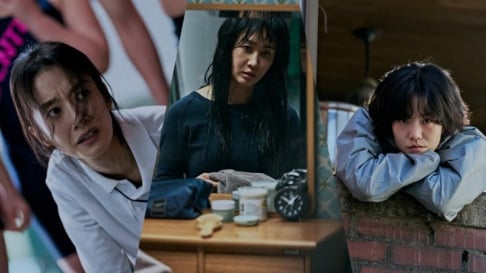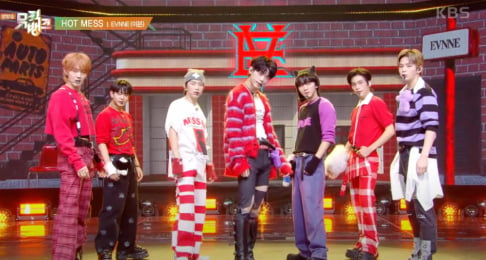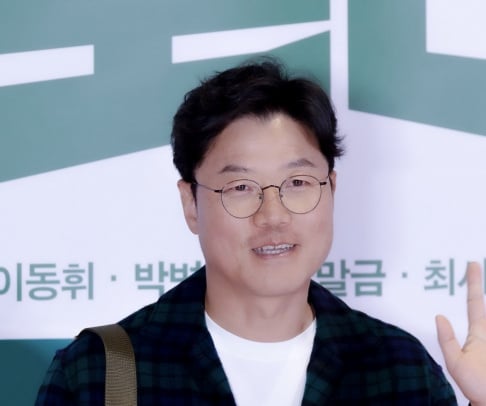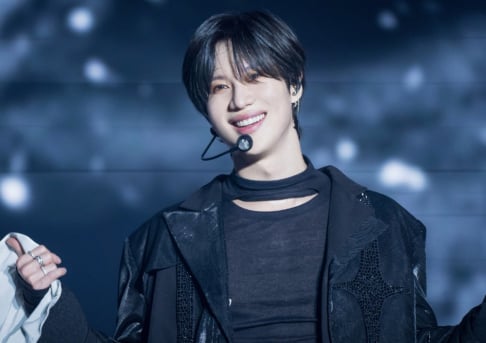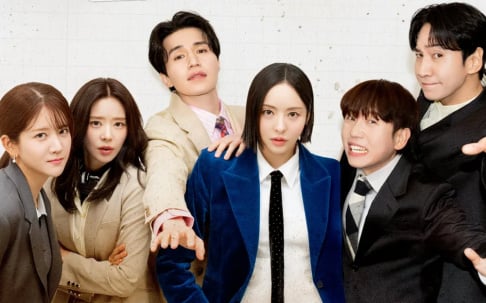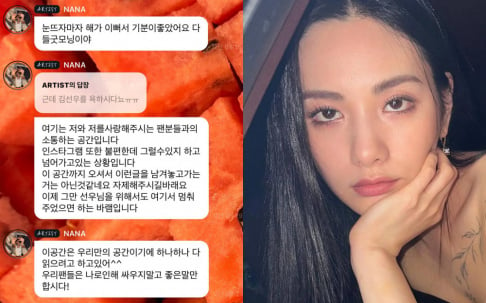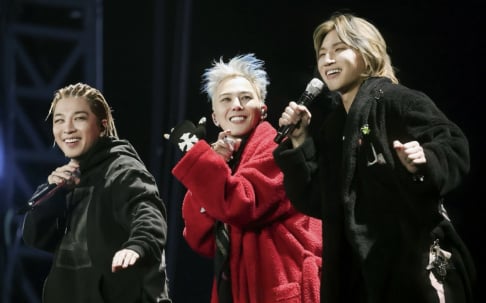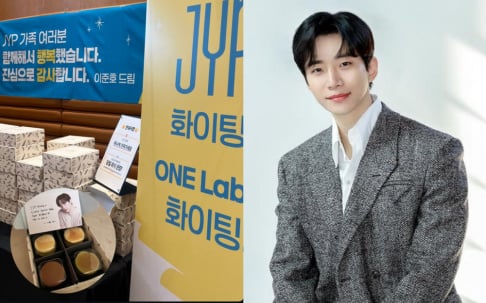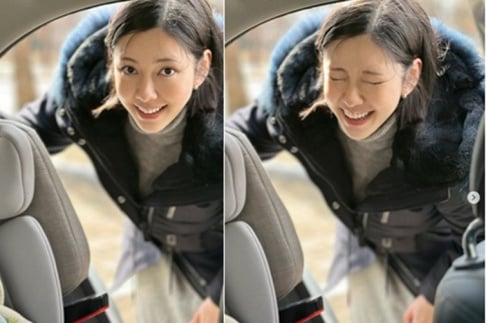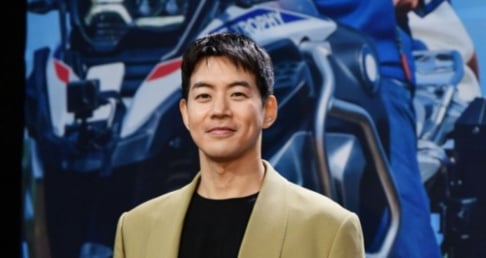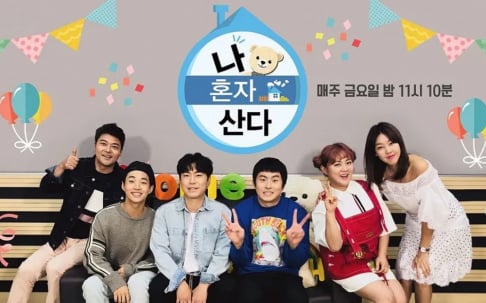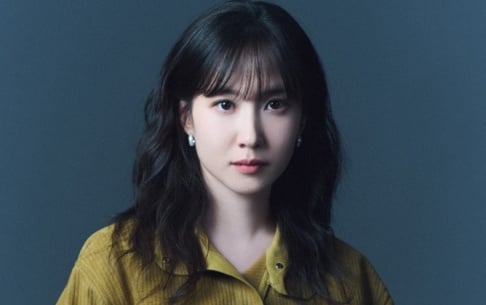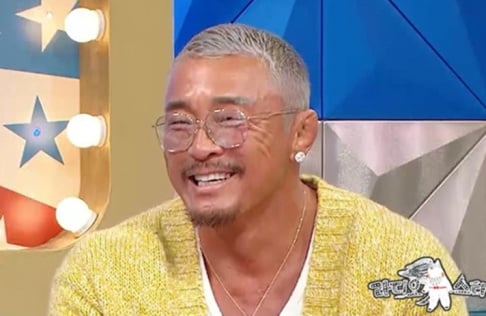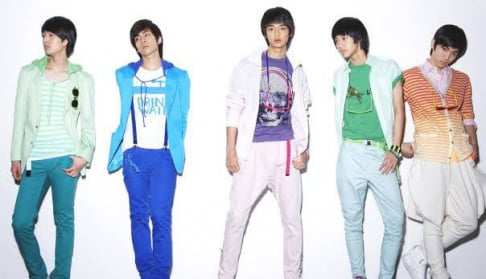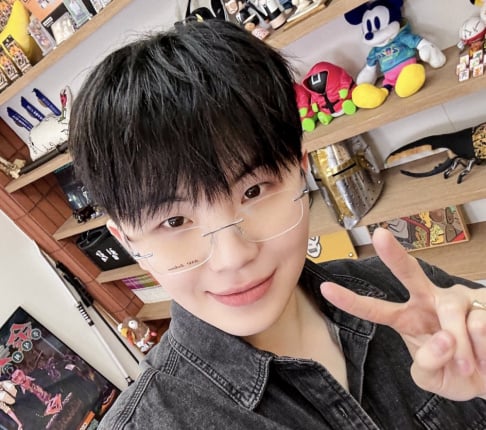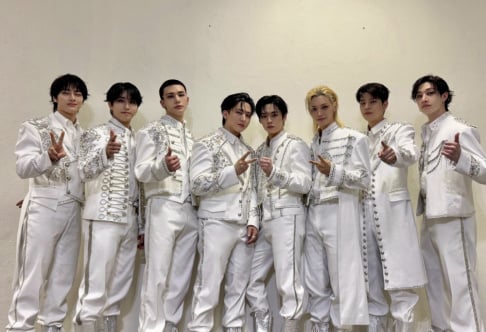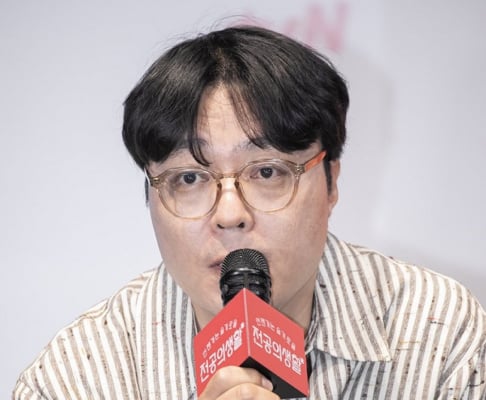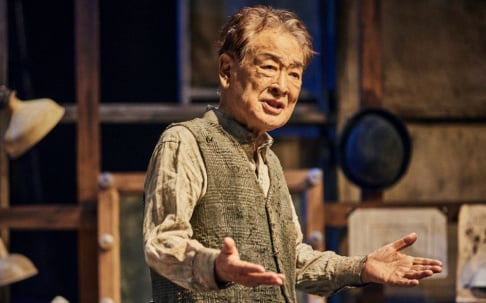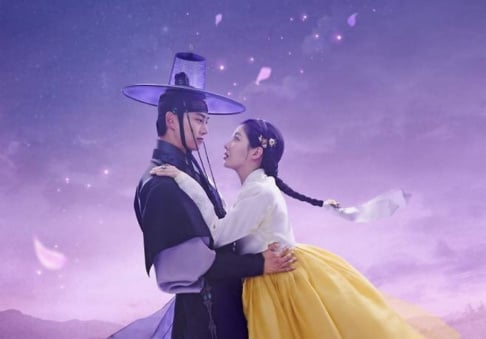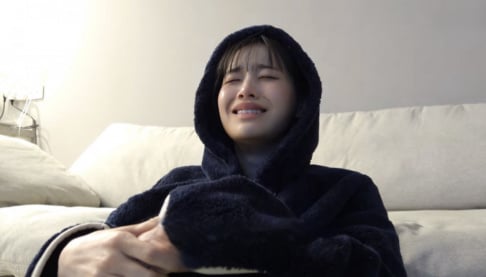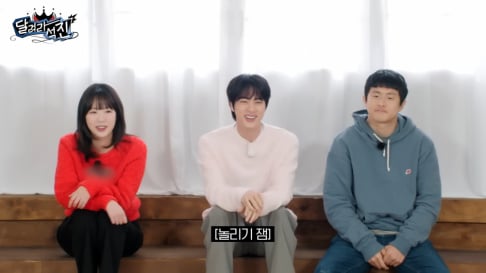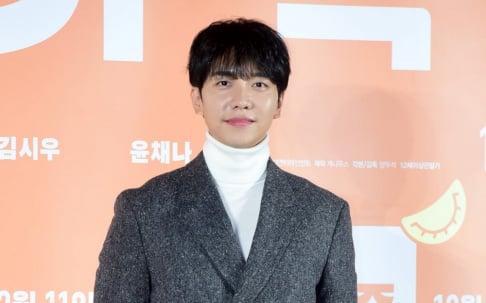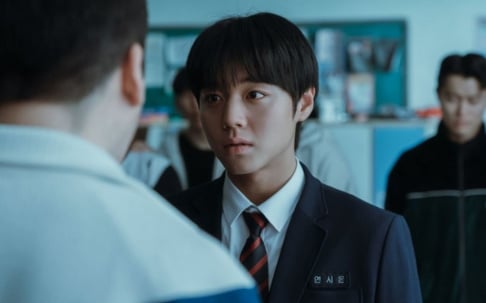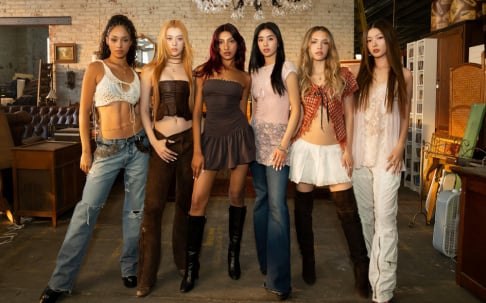
On February 21st, the head of the National Institute for Korean History, 'A,' spoke about Lee Ji Ah’s visit to the institute several years ago, where she sought advice regarding her late grandfather Kim Soon Heung’s collaboration with Japan during the Japanese occupation of Korea. Lee emphasized the importance of ending the practice of associating descendants with the actions of their ancestors.
'A' explained in an interview with Ilgan Sports that around 2021, Lee Ji Ah visited the National Institute for Korean History with representatives from her agency. She asked about her grandfather, Kim Soon Heung, wanting to understand the specifics of his actions and how severe they were. 'A' detailed that Lee Ji Ah, at the time, spoke candidly about her family's struggles and expressed no resentment over her ancestor’s actions, but instead sought guidance on how to approach the situation as a descendant.
"I advised her to focus on studying history," 'A' recalled. "She never denied or tried to justify the past actions of her grandfather. She genuinely sought advice on how to handle this historical burden."
He lamented the recurring situation where descendants of individuals with a controversial past are repeatedly criticized, especially during periods like March 1st Movement Day or Liberation Day. "While some voluntarily apologize, it's unrealistic to expect this from everyone. The descendants of those who collaborated with Japan should not be blamed, and there's no reason to hold them responsible."
He also noted that Lee Ji Ah had been estranged from her family for a long period, and despite her grandfather’s controversial actions, there is no reason to link her to his past mistakes. He warned against singling out celebrities for blame over their ancestors’ actions, describing this tendency as harmful.
Lee Ji Ah herself addressed the controversy for the first time regarding her grandfather’s pro-Japanese actions. In her statement, she recalled first learning about her grandfather’s collaboration in a 2011 article and confirmed the details through visits to the National Institute for Korean History and further study. She expressed that, while understanding the historical context, such actions can never be justified.
Regarding the ongoing legal battle over her family’s property, Lee Ji Ah clarified that she was unaware of the disputes over land ownership and had no involvement in the issue. "If the land in question was acquired during the Japanese occupation, it should be returned to the nation," she stated.
Lee Ji Ah ended her statement with a heartfelt apology, acknowledging her grandfather's historical wrongdoings. "I deeply recognize the historical mistakes of my grandfather, and as his descendant, I sincerely apologize. I will face the truth of history with humility and live with a sense of responsibility," she concluded.
SEE ALSO: Former LE SSERAFIM member Kim Garam quietly reemerges in university welcome video
 SHARE
SHARE
